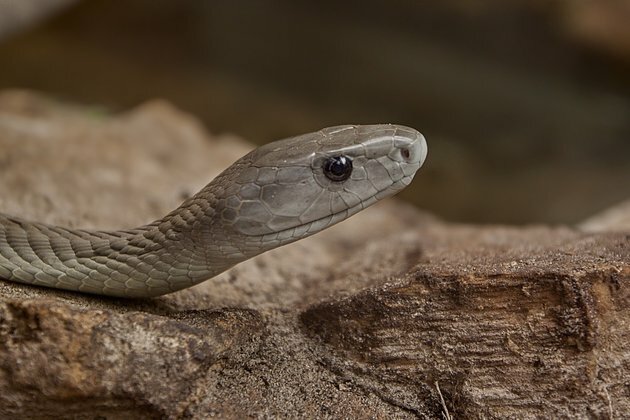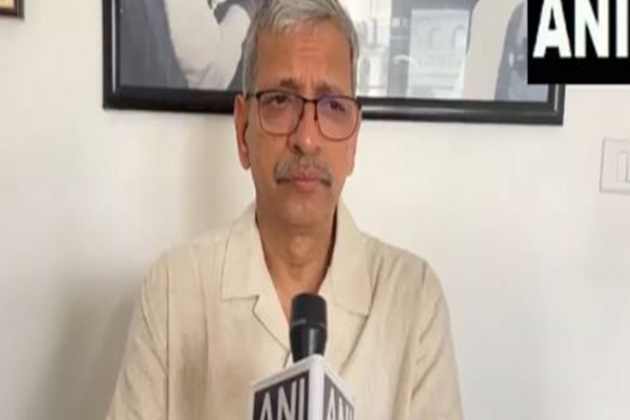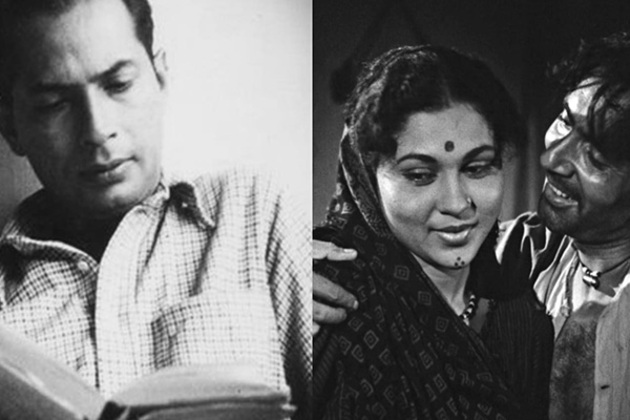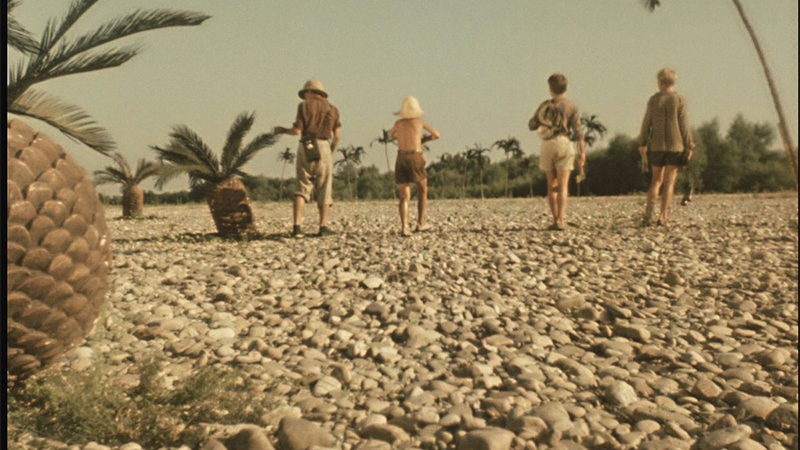Why knowing what black mamba venom does to the human body is crucial
The Conversation
12 Sep 2019, 20:04 GMT+10

Black mambas are extremely dangerous reptiles - in fact, many consider the species to be one of the world's deadliest snakes. They are found in southern and eastern Africa, and are shy, evasive creatures. They won't seek out human interaction. But if cornered or confronted, they will strike. And their venom is lethal.
Black mambas (don't let the name fool you - they're very rarely black, and are more usually a dark brown - it is the inside of the mouth which is black) probably cause the largest number of snake-related deaths in southern Africa. In a recent case, a South African judge died after being bitten by a black mamba while he was travelling in Zambia. But the data for the whole continent is limited, so the precise number isn't known. This is chiefly because most of these deaths occur in rural parts of Africa with limited health infrastructure and other resources.
Sub-optimal mortuary facilities, inadequate professional manpower, poorly developed protocols and the lack of an efficient and reliable toxicology service means many of these deaths in Africa's more rural areas are not properly diagnosed. It is most likely that these snakebite victims get buried without a thorough forensic pathological autopsy.
The black mamba is born with two to three drops of venom per fang. It is a front-fanged snake, with fangs up to 6.5 mm in length, located at the front of the upper jaw. An adult of the species has between 12 and 20 drops per fang. It takes just two drops of venom to kill an adult human. This means that even young black mambas are extremely dangerous.
Not much is known about the pathology of trauma of black mamba bites - that is, what the black mamba's toxin does, physically, inside a victim's system. We do know that the venom is neurotoxic and cardiotoxic. That means that it has a direct effect on the nerves and the heart.
The more we know, the better. If we know precisely what the toxin does, hospitals and clinics might be better prepared to treat those who've been bitten.
A recent case study
Recently my colleagues and I examined the case of a young man who was bitten by a black mamba in South Africa. He arrived at the hospital 20 minutes after being bitten and had already suffered cardiac arrest with accompanying hypoxic brain injury.
This was my third encounter with the victim of a black mamba bite. My first fatal encounter, in 2000, involved a 12-year-old girl who was bitten on the thigh by a black mamba. The second involved a British tourist who was accidentally bitten at a snake park, and who also died.
In this latest case, the co-workers of the young man who died were certain that the snake was a black mamba. This gave us, as forensic pathologists, an excellent opportunity to thoroughly investigate this matter. Oftentimes, the history is scant, with victims unable to properly identify the snake which bit them.
The forensic examination consists of a thorough macroscopic post mortem examination, followed by histological (microscopic) examination and blood tests.
A black mamba's venom is complex. It interferes with transmission across the motor end-plate, which is where the nerves and muscles connect, so it will result in paralysis. The venom is also cardiotoxic, which means it may have a direct effect on the heart.
How to treat it
So what should you do if you or someone around you is bitten by a black mamba?
The first priority is to transport the victim to an appropriate medical facility as soon as possible. First-aid should focus on maintaining vital functions, such as respiratory support. Keep the victim still and try limit any unnecessary movement. Remove constricting items (for example rings and clothing), especially those close to the bite site.
The first-aid treatment of black mamba bites includes lymphatic retardation with the pressure immobilisation technique - in other words try and wrap a tight crepe bandage or tourniquet close to the bite site.
Medical management comprises continuous monitoring, making sure the airways are open, treating symptoms and the immediate administration of antivenom. The antivenom is injected intravenously because absorption is poor via the muscles. It's also important not to inject into or around the bite site. In rare instances the victim may be put on extracorporeal membrane oxygenation, which is a way of providing prolonged cardiac and respiratory support to those whose heart and lungs are unable to provide oxygen to the body.
This combination of respiratory support and antivenom may save a person's life. Over time, the antivenom will ease muscle paralysis and set the victim on the road to recovery.
Author: Ryan Blumenthal - Senior Specialist, University of Pretoria 
 Share
Share
 Tweet
Tweet
 Share
Share
 Flip
Flip
 Email
Email
Watch latest videos
Subscribe and Follow
Get a daily dose of Birmingham News news through our daily email, its complimentary and keeps you fully up to date with world and business news as well.
News RELEASES
Publish news of your business, community or sports group, personnel appointments, major event and more by submitting a news release to Birmingham News.
More InformationBusiness
SectionAI saves $500 million for Microsoft as layoffs reshape strategy
REDMOND, Washington: Artificial intelligence is transforming Microsoft's bottom line. The company saved over US$500 million last year...
FTC’s rule to ease subscription cancellations struck down by court
WASHINGTON, D.C.: A federal rule designed to make it easier for Americans to cancel subscriptions has been blocked by a U.S. appeals...
Musk’s X loses CEO Linda Yaccarino amid AI backlash, ad woes
BASTROP, Texas: In a surprising turn at Elon Musk's X platform, CEO Linda Yaccarino announced she is stepping down, just months after...
Ex-UK PM Sunak takes advisory role at Goldman Sachs
NEW YORK CITY, New York: Former British prime minister Rishi Sunak will return to Goldman Sachs in an advisory role, the Wall Street...
Gold ETF inflows hit 5-year high as tariffs drive safe-haven bets
LONDON, U.K.: Physically backed gold exchange-traded funds recorded their most significant semi-annual inflow since the first half...
PwC: Copper shortages may disrupt 32 percent of chip output by 2035
AMSTERDAM, Netherlands: Some 32 percent of global semiconductor production could face climate change-related copper supply disruptions...
United Kingdom
SectionFaulty IT system at heart of UK Post Office scandal, says report
LONDON, U.K.: At least 13 people are believed to have taken their own lives as a result of the U.K.'s Post Office scandal, in which...
Ex-UK PM Sunak takes advisory role at Goldman Sachs
NEW YORK CITY, New York: Former British prime minister Rishi Sunak will return to Goldman Sachs in an advisory role, the Wall Street...
Abdulla Al Hamed meets leading global drama, film figures in London
LONDON, 12th July 2025 (WAM) -- Abdulla bin Mohammed bin Butti Al Hamed, Chairman of the National Media Office and Chairman of the...
"Conclusive that accident happened because both engines lost power": Aviation expert Ehsan Khalid on AAIB preliminary report
New Delhi [India], July 12 (ANI): Aviation expert Ehsan Khalid stated on Saturday that the preliminary findings of the Aircraft Accident...
Court grants time to arms dealer Sanjay Bhandari to avail legal remedy against order declaring him fugitive
New Delhi [India], July 12 (ANI): Delhi's Rouse Avenue court on Saturday granted time to Arms dealer Sanjay Bhandari to exhaust statutory...
Bimal Roy's restored 'Do Bigha Zamin' to premiere in Venice
Mumbai (Maharashtra) [India], July 12 (ANI): The restored 4K version of Do Bigha Zamin (1953), directed by Bimal Roy, will have its...












